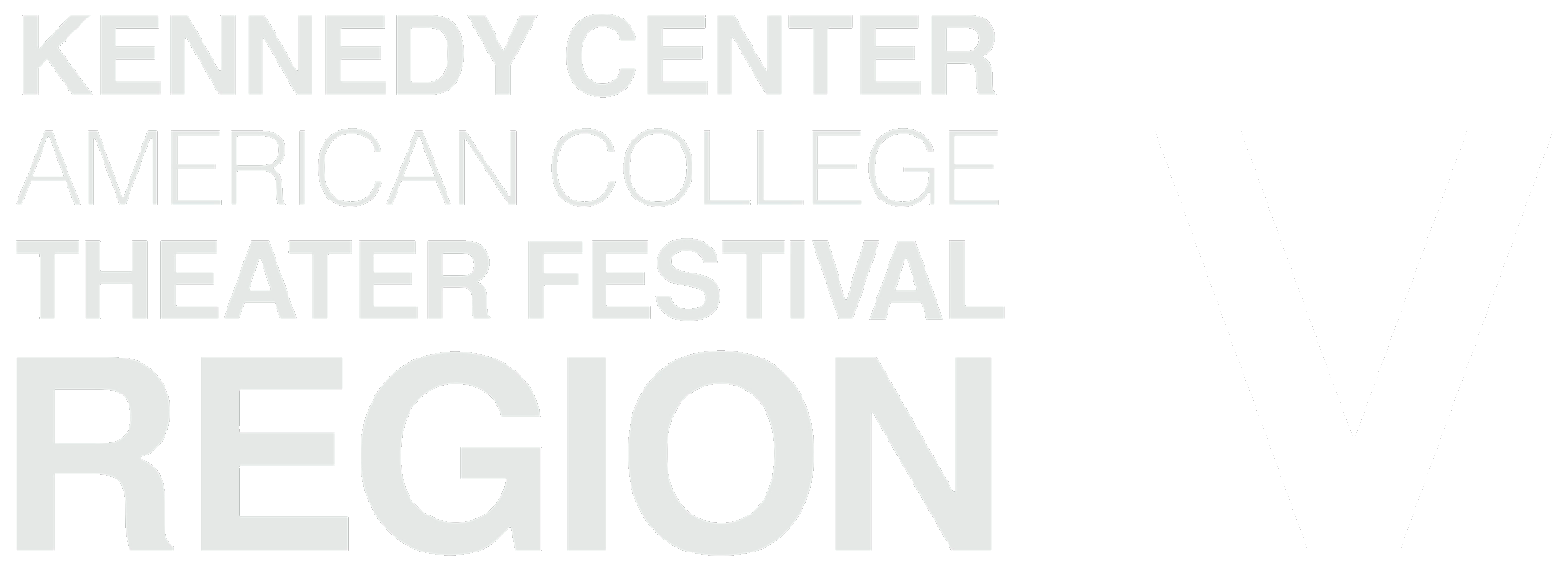Review by: Bianca Utset
University of Alabama at Birmingham’s Disconnect takes us on a journey through today’s day and age of technology and activism. The show began with a foreword by Disconnect’s co-director David H. Parker, who introduces the show and presents the irony of how our relationship with technology has vastly changed over the course of this pandemic and subsequent quarantine. Phones and technology used to be regarded as the reason society was falling apart- all of these young people were so glued to their phones that they were missing life around them. However, once lockdown began- our four walls became the life around us. Our only source of connection with each other became our technology. Disconnect explores how technology can help yet also hinder our happiness and well being.
Actors and designers alike are no stranger to zoom and its newfound relationship with Theatre. The usage of zoom during Disconnect was eloquent and powerful, even with technical hiccups like glitching and freezing. The actors didn’t ignore the glitches and freezes, pausing to ask “What?” when an actor delivering a line froze because of connectivity issues. This acknowledgement of zoom is something that I have yet to see- and it was so refreshing. These actors didn’t ignore the obstacles presented in front of them, but engaged with them with natural responses- which I really enjoyed. There was no assumption of their partners line, which, in my opinion, made the show even more raw and human.
This is a play about good intentions- each character wants to do what they believe is right, yet life never lets good deeds go unpunished- as the famous saying goes “the road to hell was paved with good intentions.” This play encapsulates that adage through multiple characters storylines- for example, Emory created a website with the intention of giving the Black Lives Matter movement a platform, yet fell short as a moderator as she became more focused on views and her website gaining traction. This is also a commentary on today’s persisting problem of making less moral choices online for the sake of going ‘viral.’ Yet at what cost? And what lengths are we willing to go to reach that ‘viral status’? Chris’s character explores this moral decision, wanting to do the right thing and help start a trend in trying to find his missing friend Terry- at the expense of Dallas’ life.
The usage of black and white shots intercut between scene transitions was extremely powerful, especially after Emory and Frankie’s scenes. These shots reminded us that the world isn’t just black and white and simple like Emory sees it- but is the complex reality that Frankie lives through in his daily life. This show also brought me a new perspective on the ‘white savior complex’ of white people trying to fix the problems of black people- yet crossing the line to be performative. One line that stuck with me was Kendall confronting Emory and telling her “Have you ever considered that maybe the things you advocate for aren’t new for people of color?” These moments really made me reflect on a lot of the things I see on social media, and how it has become “trendy” to care about basic human rights. However, we all need to recognize that caring about racism and police brutality isn’t just a trend- it’s a reality.
Disconnect is necessary today, giving us a chance to recognize our own hypocrisy. It holds a mirror up to the viewer and asks them if they recognize themselves in these characters. There is something for everyone to relate to in Disconnect, and shows like these are what make Theatre so adaptable and timely.






